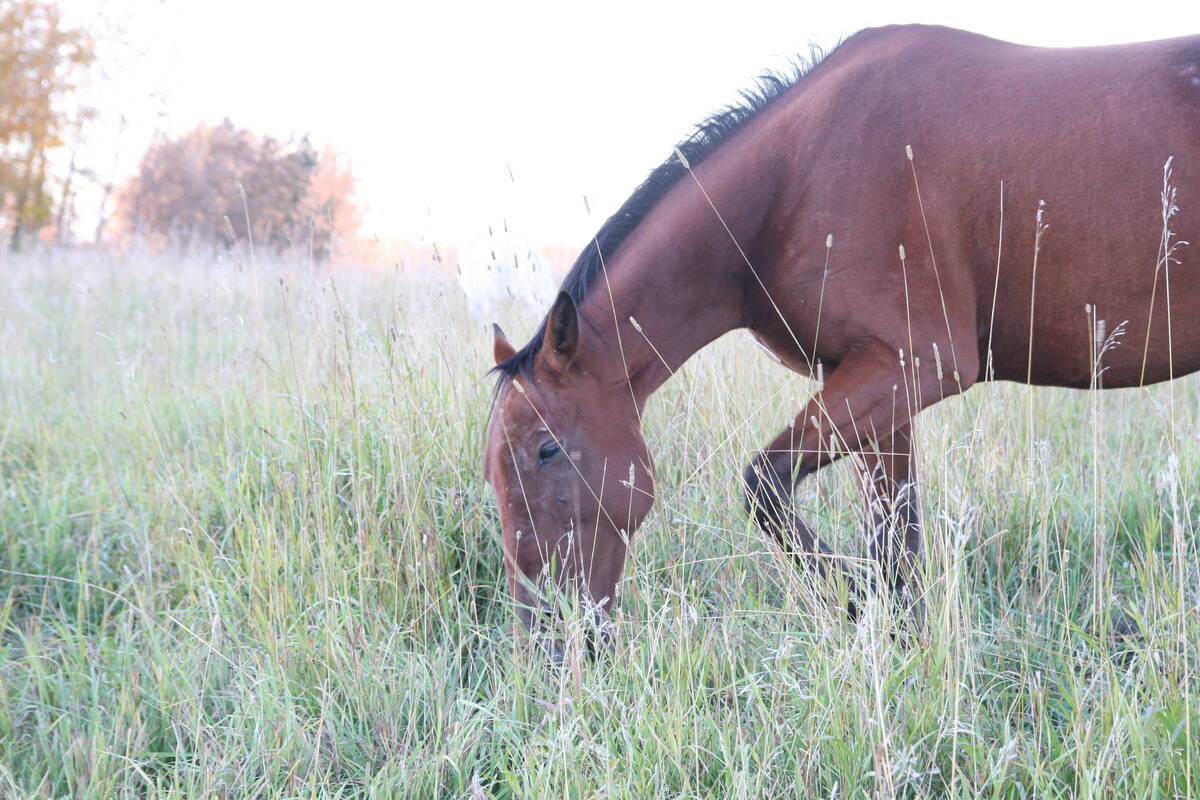U.S. egg farmers would give hens twice as much space as they now have under an agreement with an animal welfare group on July 7 that would be written into federal law and end years of state-by-state battles.
It would be the first federal law on treatment of animals on the farm, said the groups. At the moment, no legislation has been filed in Congress to enact the agreement.
Both sides said a uniform standard was in their interests. United Egg Producers, whose members own 80 per cent of laying hens, said a patchwork of state rules made marketing chaotic.
Read Also

Beware giving horses too much iron
Horses consuming too much iron through diet or well water risk health problems like laminitis. Mineral testing forage and water is good practice for owners.
“We want a national agreement,” said Wayne Pacelle, head of the 12- million-member Humane Society of the United States. “We’re confident we’re going to build tremendous support in Congress.”
The society has won a series of state referendums on animal welfare rules, including a 2008 vote in California that required producers to give hens enough room to stand and extend their wings. Most laying hens are allowed 67 square inches of space, or less than the space on a sheet of typing paper.
Pacelle said the society would halt work on state ballot initiatives in Washington state and Oregon while seeking passage of a federal law this year.
Mitch Head, spokesman for the egg trade group, said state referendums are costly and time consuming. “We believe a single national standard makes sense,” he said.
The agreement requires farmers to switch to “enriched housing systems” that allow more room for movement from the smaller cages now in use and that commonly hold six hens.
Up to 20 or 30 hens may be housed in the larger “enriched” systems. There would be double the space per hen as well as perches, nesting boxes and scratching areas. The amount of space per bird would be expanded in stages over 15 to 18 years.
Under the legislation, labels on egg cartons sold in stores would identify the production method, such as “eggs from caged hens” or “eggs from hens in enriched cages” or “eggs from free-range hens.”














